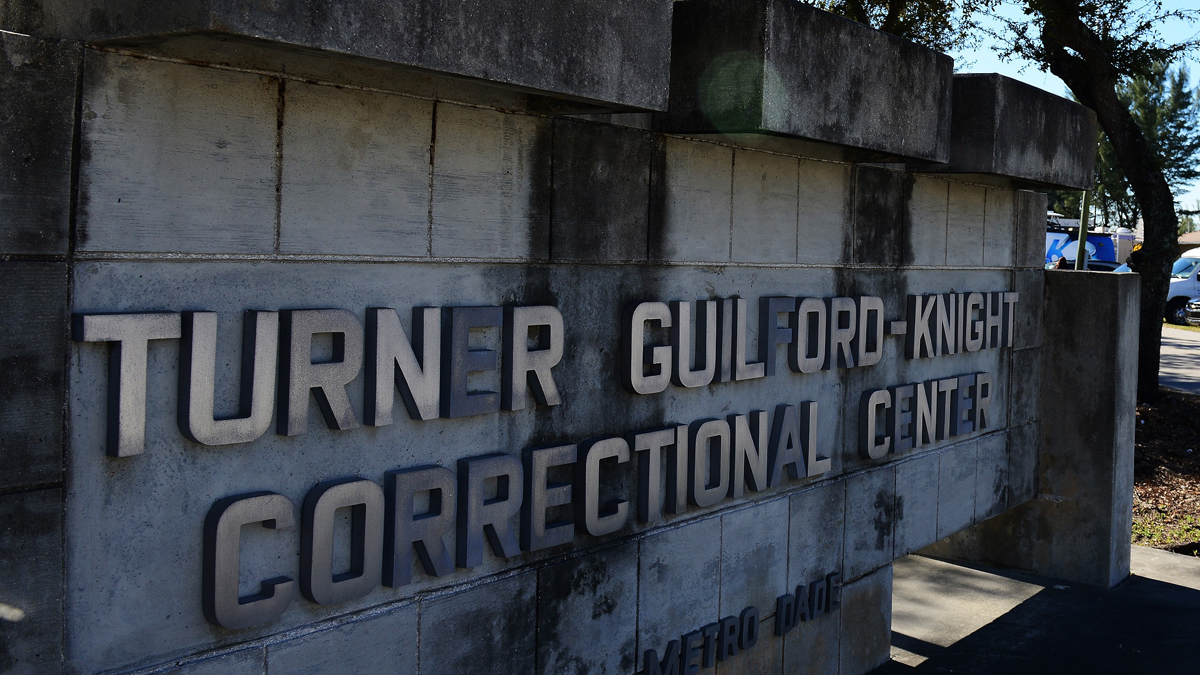In an effort to ease the pressure on overwhelmed hospital systems, monoclonal antibody treatment centers continue to open across Florida.
Tropical Park in Southwest Miami-Dade is the latest site to open in South Florida. CB Smith Park is also open in Broward County.
George Cavros, 38, received the monoclonal infusion on Sunday.
“I feel like a million bucks. It’s incredible. You get 4 shots, one in the back of each arm and then one on each side of your stomach. Very painless it was a small needle,” said Cavros.
The Hurricane season is on. Our meteorologists are ready. Sign up for the NBC 6 Weather newsletter to get the latest forecast in your inbox.
Cavros is not vaccinated and doesn’t think he will get the vaccine in the future. He would, however, opt for another monoclonal treatment.
“For me personally the risk versus the reward is much better there. There’s less side effects that I’ve experienced. It’s just kind of my choice you know,” said Cavros.
Medical experts, however, say the monoclonal antibody treatment is not a substitute for the vaccine.
Local
“It’s really not a substitute. If you get COVID you have this to get you get over COVID but it’s not a long term effect. Regeneron the immunity only lasts 3 to 4 months where as a vaccine has a much longer duration,” said Madeline Camejo, Chief Pharmacy Officer at Baptist Health.
According to the Clinical Director of Pharmacy Services at Jackson Health, their hospital system has seen increased demand for monoclonal antibodies during this recent surge in COVID cases.
“Every week I order more. Sometimes twice a week. I have not observed any delays in obtaining the monoclonal antibody at our institution,” said Ennie Cano.
Each state-run site currently has the capacity to serve about 300 patients per day.
Monoclonal antibodies must be given soon after a person has tested positive for the virus.
“It’s really designed to block the virus attachment to the human cells so you don’t continue to get sick and end up in our hospitals,” said Camejo.
Monoclonal antibody treatments, which are delivered intravenously or by injection, mimic the immune system’s ability to fight off harmful antigens such as viruses, according to the U.S. Food & Drug Administration. They are laboratory-made proteins made by Regeneron Pharmaceuticals and can be used to treat mild-to-moderate cases of COVID-19.
Candidates for monoclonal antibody treatments include elderly patients (those 65 years or older) and those with chronic kidney disease, diabetes, morbid obesity and sickle cell. Treatments are not authorized for patients who are hospitalized due to COVID-19 or who require oxygen therapy due to the virus.
To learn more about monoclonal antibody therapy, click here.



